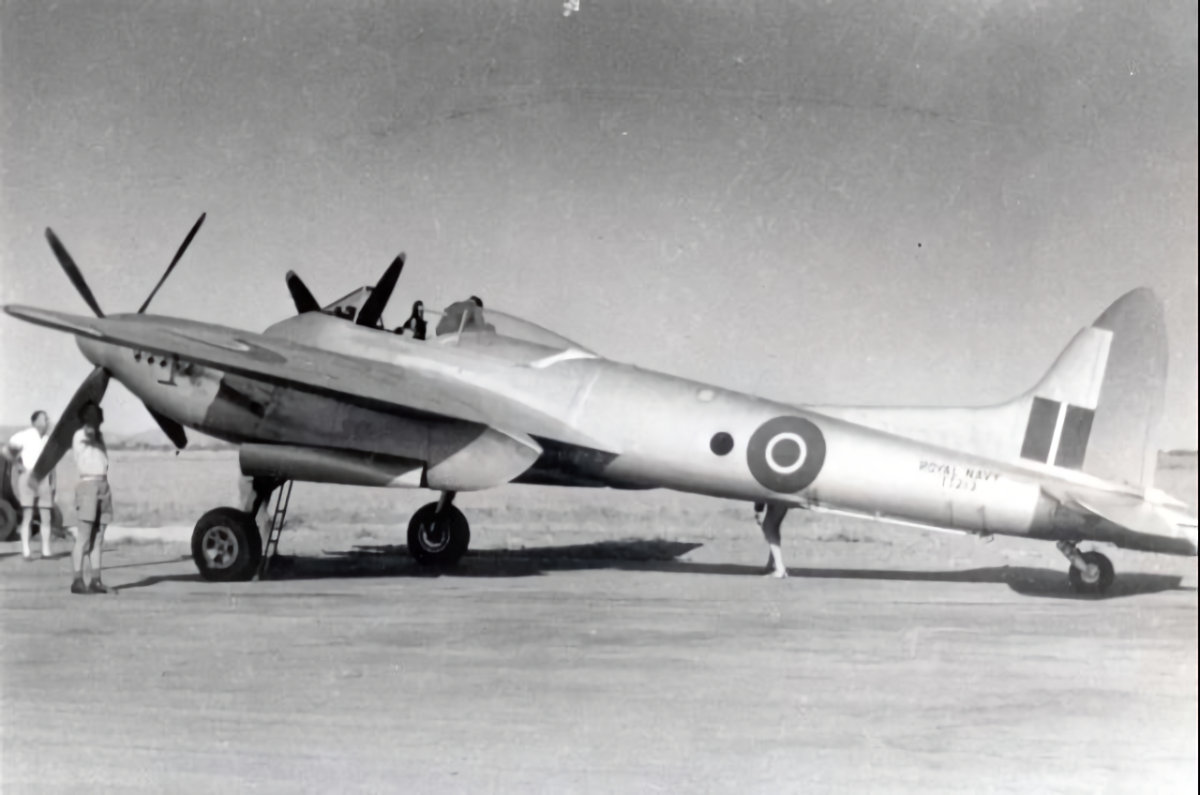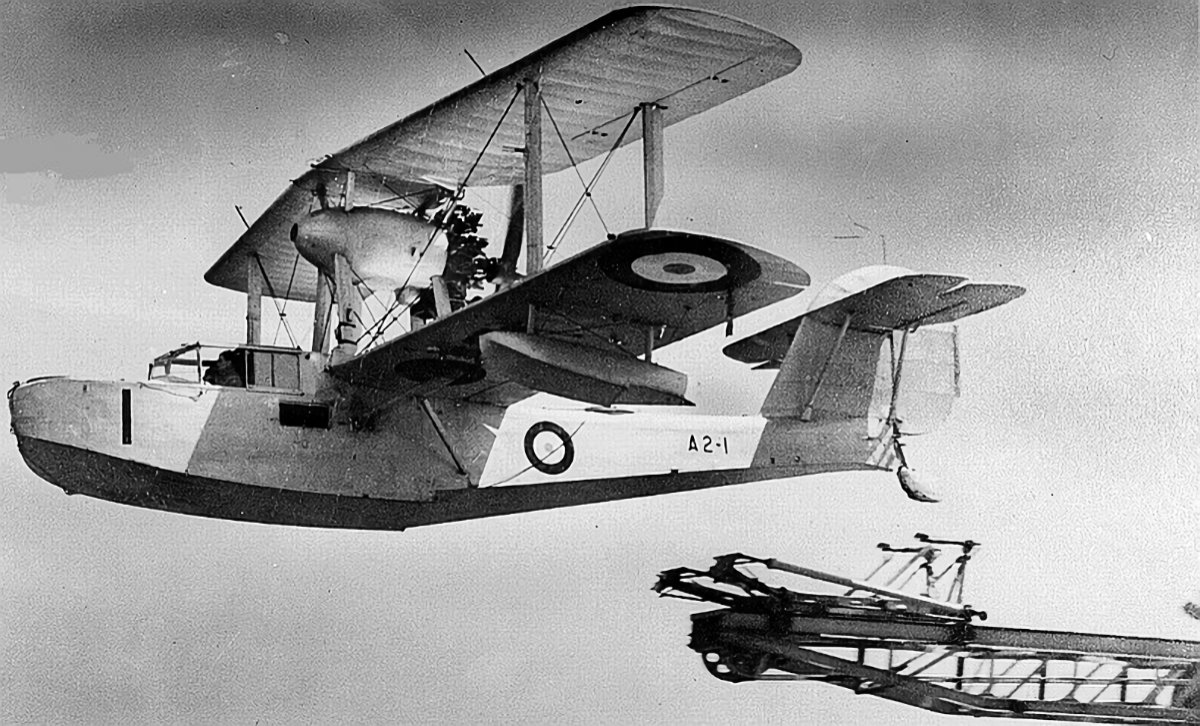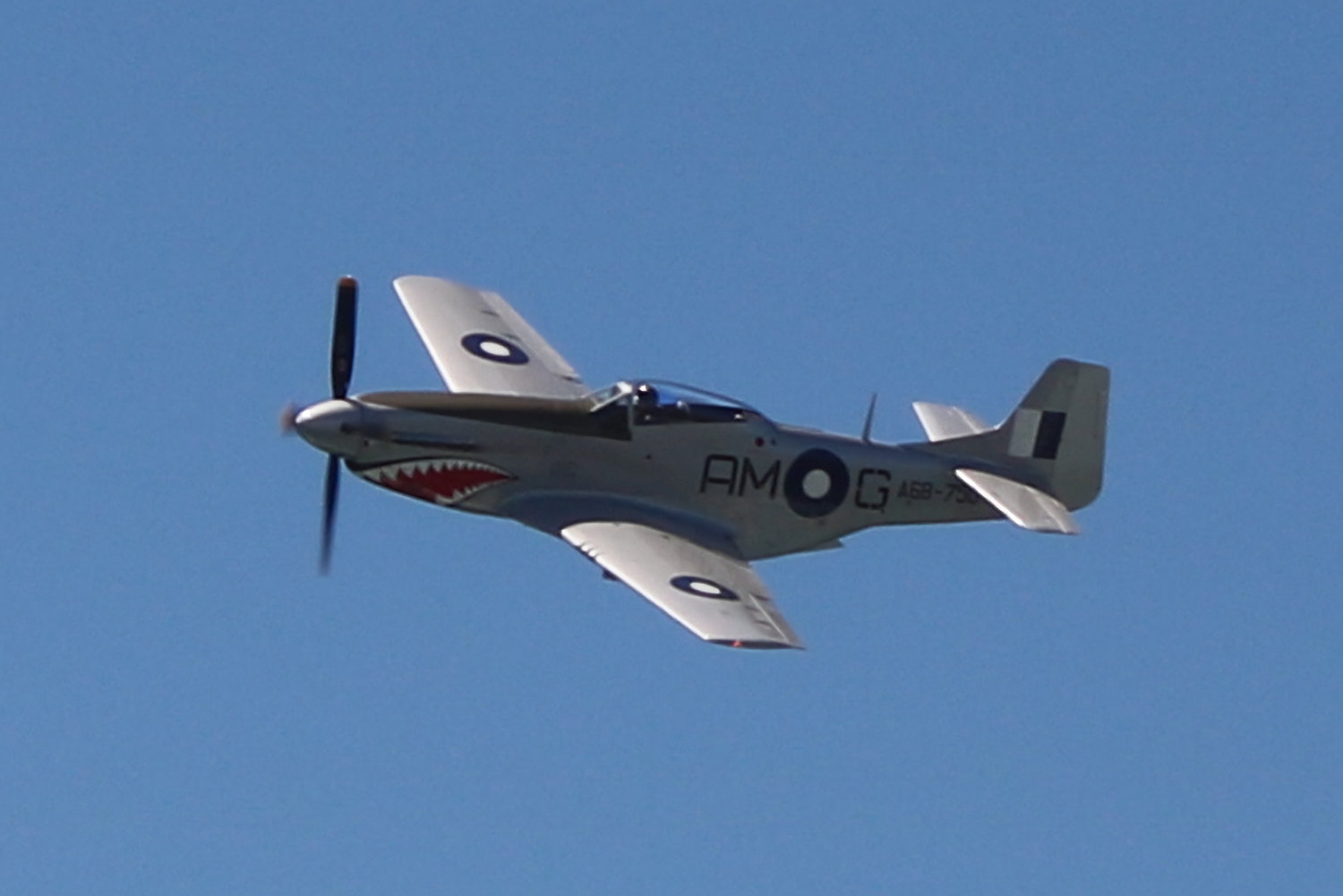Tag: RAAF
-
de Havilland Sea Hornet in Australian Service

de Havilland Sea Hornet in Australian Service In 1948 a de Havilland Sea Hornet F.20 TT213 was delivered to Australia for tropical trials. Received by No. 1 Aircraft Depot on 8 June 1948 it was given the Royal Australian Air Force registration A83-1, although this was never applied to the airframe. On 10 September 1948… Read more
-
Supermarine Seagull V

Supermarine Seagull V The Supermarine Seagull V was initially developed as a private venture in response to a Royal Australian Air Force (RAAF) request for an observation seaplane to be catapult-launched from cruisers. The Seagull V resembled the proceeding Supermarine Seagull III in general layout. Although construction commenced in 1930, the aircraft was delayed by… Read more
-
Newcastle Williamtown Air Show 2023

Newcastle Williamtown Air Show 2023 Held over the weekend of 18-19 November 2023, the Newcastle Williamtown Air Show 2023 featured both air and static ground displays. The first days was a free community events with flying displays over Nobbys Beach and the Newcastle Harbour. Day Two had a nominal $10 entry fee to the RAAF… Read more